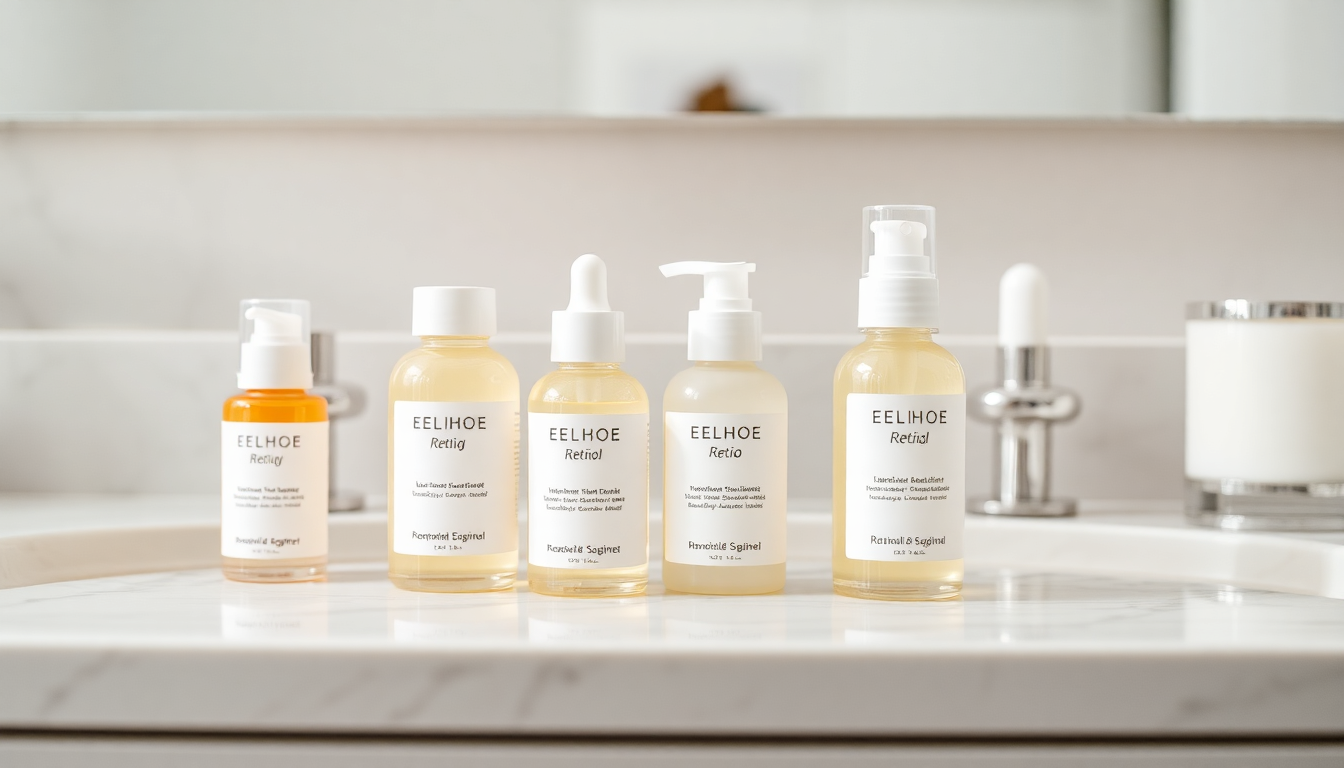Introduction
Achieving a glowing complexion and healthy skin is a universal desire, yet navigating the myriad of products and advice available can feel overwhelming. This comprehensive guide will break down the essential steps of a skincare routine, making it easier for you to understand how to care for your skin properly. With the right knowledge and commitment, you can transform your skin and boost your confidence.
Step 1: Cleansing
The foundation of any skincare routine is cleansing. This critical first step removes dirt, oil, makeup, and impurities from the skin, setting the stage for the rest of your regimen.
- Choose the right cleanser: Selecting a gentle cleanser that suits your skin type is vital. For oily skin, a gel cleanser can help control excess oil, while cream cleansers are better suited for dry or sensitive skin types.
- Frequency: Aim to cleanse your face twice a day—once in the morning to remove overnight oils and once before bed to eliminate impurities accumulated throughout the day.
- Double cleansing: If you wear makeup or sunscreen, consider adopting the double cleansing method. Start with an oil-based cleanser to break down makeup, followed by your regular cleanser to ensure a thorough cleanse.
Step 2: Exfoliation
Exfoliating your skin is essential to slough off dead skin cells and promote cell turnover, resulting in a brighter complexion.
- Types of exfoliants: You can choose between physical exfoliants (scrubs with granules) and chemical exfoliants (products containing AHAs or BHAs). Physical exfoliants can be too abrasive for some skin types, while chemical exfoliants provide a gentler, more even exfoliation.
- Frequency: Most skin types benefit from exfoliating 1-3 times a week. Those with sensitive skin should limit exfoliation to once a week to avoid irritation.
- Signs of over-exfoliation: Watch for redness, irritation, or excessive dryness, which may indicate that you're exfoliating too often.
Step 3: Toning
Toners are often an overlooked step in skincare routines, but they play a vital role in balancing the skin's pH and preparing it for better absorption of subsequent products.
- Choose alcohol-free toners: Look for hydrating and soothing ingredients such as rose water, witch hazel, or aloe vera to avoid stripping your skin of its natural oils.
- Application methods: You can apply toner using a cotton pad or by gently patting it onto your skin with your hands, which can enhance absorption.
Step 4: Serum
Serums are highly concentrated formulas targeting specific skin concerns like dullness, fine lines, or hyperpigmentation. Integrating serums into your routine can significantly enhance your skin's health.
- Key ingredients: Look for serums with active ingredients that suit your needs:
- Vitamin C: Known for its brightening properties and ability to combat free radicals.
- Hyaluronic Acid: A powerful humectant that attracts moisture to the skin, perfect for hydration.
- Retinol: Effective for anti-aging and improving skin texture; start with a low concentration and gradually increase.
- Application tips: Apply serums on damp skin for better absorption, and layer them according to their consistency—thinner serums first, followed by thicker ones.
Step 5: Moisturizing
Moisturizers are essential for locking in hydration and creating a barrier to prevent moisture loss, ensuring your skin stays plump and healthy.
- Choose the right moisturizer: Select a moisturizer based on your skin type. Lightweight gel formulas work well for oily skin, while rich creams are more suitable for dry skin.
- Ingredients to look for: Seek out products with ingredients like ceramides, glycerin, and peptides, which help repair the skin barrier and retain moisture.
- Application: Apply moisturizer to slightly damp skin to seal in hydration. Use both morning and night for optimal results.
Step 6: Sun Protection
Sun protection is arguably one of the most critical steps in any skincare routine. UV rays can cause premature aging, dark spots, and increase the risk of skin cancer.
- Sunscreen: Always use a broad-spectrum sunscreen with an SPF of at least 30, applying it generously to all exposed skin.
- Daily use: Make sunscreen a non-negotiable part of your routine, even on cloudy days or when you are indoors, as UV rays can penetrate windows.
- Reapply: Reapply sunscreen every two hours if you are outdoors, and consider a water-resistant formula if swimming or sweating.
Additional Tips for Healthy Skin
Beyond the basic steps, consider incorporating these additional tips into your skincare routine:
- Stay Hydrated: Drinking enough water is vital for skin health. Aim for at least 8 glasses of water a day to keep your skin hydrated from within.
- Healthy Diet: Consume a balanced diet rich in fruits, vegetables, and healthy fats. Foods high in antioxidants can help protect your skin from damage.
- Limit Stress: Chronic stress can lead to skin issues like acne and eczema. Practice stress-reducing activities such as yoga, meditation, or regular exercise.
- Get Enough Sleep: Quality sleep allows your skin to repair and regenerate. Aim for 7-9 hours of sleep each night.
- Be Consistent: Consistency is key to seeing results. Stick to your routine for at least a few weeks before expecting to see significant changes.
Conclusion
By following these essential steps and integrating additional tips for overall health, you can achieve a glowing complexion and maintain healthy skin. Remember that every person's skin is unique, so it may take time to find the perfect products and routine that work for you. Start your skincare journey today, and embrace the confidence that comes with radiant skin!



اترك تعليقًا
تخضع جميع التعليقات للإشراف قبل نشرها.
This site is protected by hCaptcha and the hCaptcha Privacy Policy and Terms of Service apply.